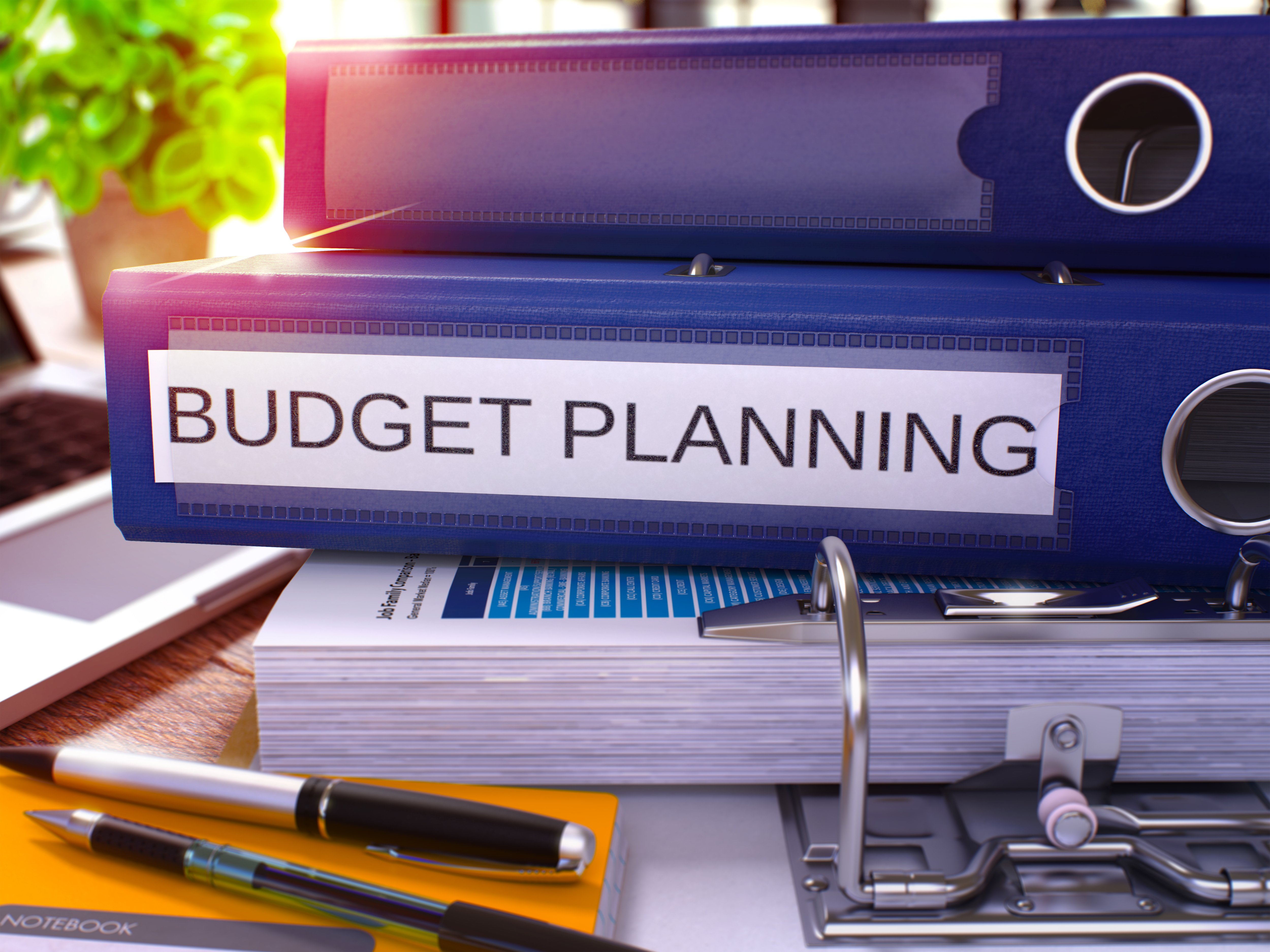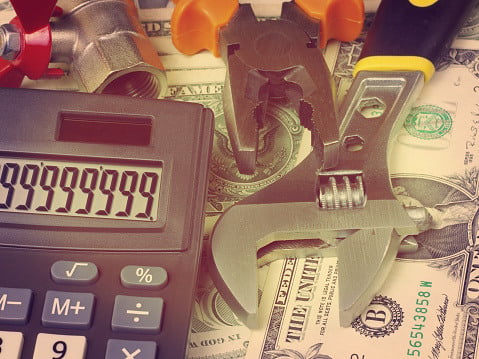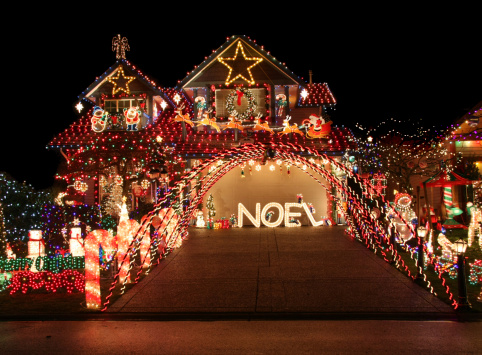 In many areas, flooding is the most common and costly natural disaster—and it can happen in your homeowners association. Just one inch of water in a home can cost thousands of dollars in cleanup and replacement costs, including drywall, baseboards, floor coverings and furniture. You may think you are covered, but many insurance policies do not cover flooding.
In many areas, flooding is the most common and costly natural disaster—and it can happen in your homeowners association. Just one inch of water in a home can cost thousands of dollars in cleanup and replacement costs, including drywall, baseboards, floor coverings and furniture. You may think you are covered, but many insurance policies do not cover flooding.
Here are several reasons to talk to an insurance agent now about flood insurance:
- There is usually a 30-day waiting period before coverage begins.
- Coverage is relatively inexpensive.
- An Association, homeowner or renter can buy flood insurance for personal belongings or business inventory.
- Basement coverage includes cleanup expense and repair or replacement of items such as furnaces, water heaters, washers, dryers, air conditioners, freezers and pumps.
- You do not have to repay flood insurance benefits as you do with disaster-related assistance loans.
- You can receive payments for flood-related losses even if no disaster was declared.
Learn more about flood insurance here.
As an HOA board, there are things you can do to prepare your Association now for possible flooding:
- Make an emergency plan. Emergency preparedness is everyone’s responsibility. Decide an exit plan and meeting place ahead of time. Identify a contact person. Write down your plan.
- Get supplies for an emergency kit. Homeowners should start with three days’ worth of water, as well as packaged and canned food. They can add a battery-powered radio and extra batteries. Store in waterproof containers with wheels or that you can lift so you can take them with you. Click here for details about preparing an emergency kit.
- Stay informed about what could happen. During storm season, listen to local media for up-to-date reports on weather watches and warnings. Keep a battery-powered portable radio—with a NOAA weather band—handy in case the power goes out.
Learn more about flood preparedness here.
It’s the responsibility of the HOA board to protect, maintain and enhance the homeowners association. Being prepared for a natural disaster is just one example of the board protecting and prioritizing in the best interest of the Association.
If you’d like to know if your homeowners association has a plan in place for flooding or other natural disasters, contact a board member or your HOA manager.
Related Articles:
HOA Board Checklist: Help Residents Stay Prepared in Cold Weather









